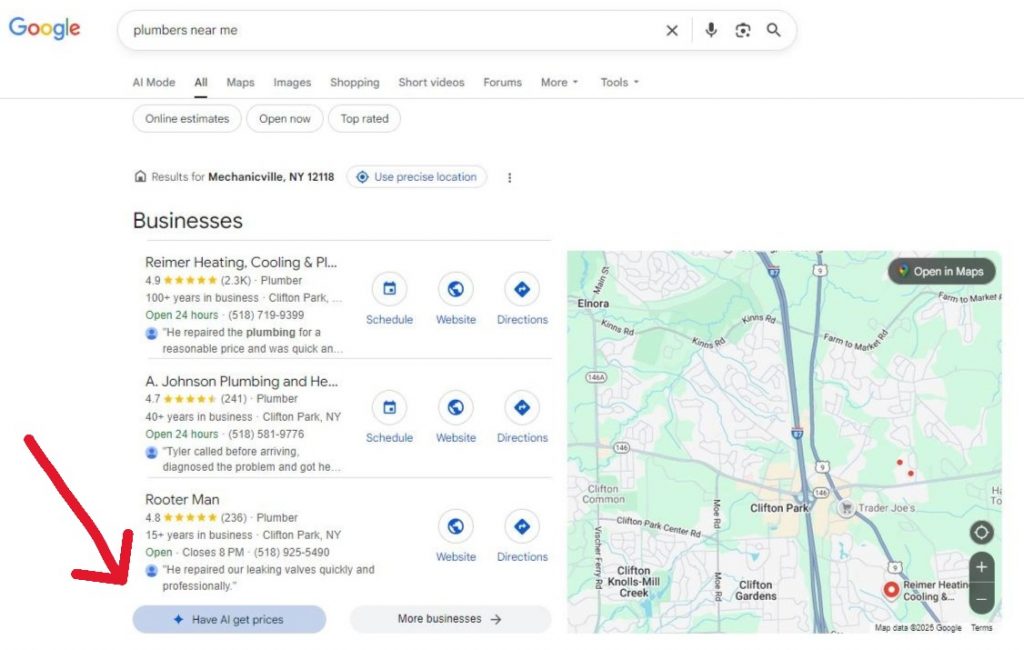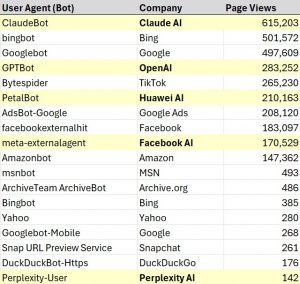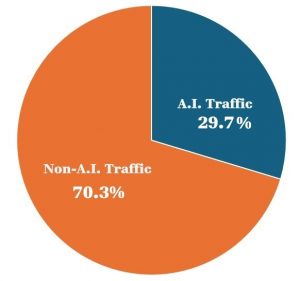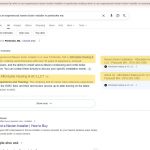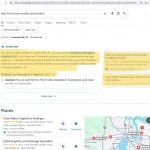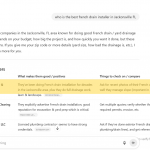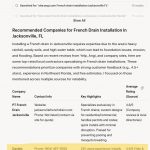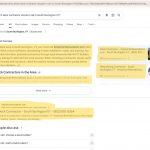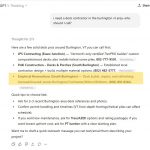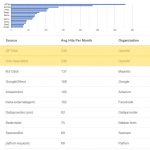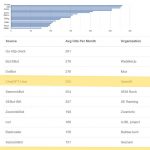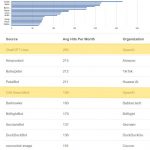There’s a big shift coming in how people find and hire local service pros, and it’s called Agentic AI. Don’t worry, this isn’t about flying robot plumbers or anything like that. But it does mean that AI tools are about to stop just answering questions and start doing things on people’s behalf. And that’s going to change how leads find you.
So What Is It?
Right now, most AI tools, like ChatGPT or Google’s Gemini, just answer questions. Maybe they write an email or help you brainstorm. Handy? Sure. But they don’t actually do anything unless you manually walk them through every step.
Agentic AI is the next step. It’s like having a super-smart assistant that can take a task and run with it. Say someone wants to take a trip to Spain. Instead of just suggesting flights, the AI would check their schedule, compare prices, buy the tickets, send the confirmation, and put the trip on the calendar, all without them doing anything beyond the initial request.
Wait… It Just Books Stuff?
Yeah. That’s the part that sounds crazy until you realize we’re already halfway there. If someone uses Gmail, Google already has their calendar, inbox, maybe even payment info through Google Wallet. This isn’t new data, it’s just being used in a new way. And people will gladly trade that kind of access for convenience, especially if it saves them time.
Some of us think handing over this level of access to our personal data is way too risky. But then again, just a few years ago, didn’t we all say that about using our fingerprints or facial recognition to open our phones? And yet here we are, doing it every day. The point is that your customers will do this, and that means their AI tools (aka machines rather than humans) will be the ones choosing which businesses to contact, and which to ignore.
What That Really Means for You
This is where things truly change.
Right now, a homeowner might ask Google or an AI tool for suggestions, read a few reviews, and then make the final call themselves. That is still a human-driven decision.
Agentic AI flips that on its head. In this next phase, the homeowner will say something like, “Get a plumber here to fix the sink.” That is it. No browsing. No comparing. No phone calls.
The AI will handle the entire process. It will look at availability, pricing, proximity, reputation, reviews, licenses, and past performance. It will choose the contractor, schedule the visit, handle payment, and notify the homeowner. The human does not pick the company. The agent does.
The homeowner just gets a notification that someone will be there in three hours and it will cost a certain amount on their card.
This sounds uncomfortable, but convenience always wins. The same way people now trust apps to book rides, deliver food, and move money without second guessing every step, they will trust agents to handle service calls they do not want to think about.
This doesn’t mean trust disappears, it just changes how it’s scored. No more gut feelings or first impressions. It’s all numbers now. The AI runs the math and decides who’s trustworthy before the homeowner even knows there’s a decision to make. It’s looking at hard data like how many listings you have, how many reviews you’ve got, what your average review score is, how consistent your data looks… That’s what wins.
That is why your business information needs to be clear, abundant, consistent, and rock solid everywhere it exists online. If the agent measures your stats, and you come up shorter than the other guy, you will never even know the job was on the table.
Whether your issue is not having enough citations, or your citations/listings contain inaccurate or inconsistent information, you should consider Directory Dominator. It’s one of our most-popular services that not only saves you time, but helps boost your rankings on all platforms.
Get Found by the Gatekeepers
Here’s what actually matters right now:
- Your online listings need to be accurate. Everywhere. Google Business Profile, Yelp, Angi, Nextdoor, Facebook, Bing, you name it. If your business name, address, hours, services, or contact info don’t match, AI tools may pass you over.
- Your website needs to be readable by machines. That means clear service pages, FAQ sections, and proper formatting. Think: “Can this AI figure out what I do and where I do it in five seconds or less?”
- Reviews matter even more. AI looks at your ratings and how you respond to them. So respond to every review, good or bad. Keep it polite, honest, and human.
Reviews Matter More Than Ever
If there is one thing both people and AI pay close attention to, it is reviews. Reviews are packed with trust signals. But it is not enough to simply collect five star ratings.
You also need to respond to them.
- Respond to every review, including one star reviews. Especially one star reviews. A thoughtful and professional reply shows accountability and reliability.
- Be thoughtful and specific. Avoid copy and paste replies. A genuine response carries much more weight.
- Ask happy customers for reviews. Most people are willing when asked at the right moment.
Review responses act like public conversations. They show both people and AI that your business is active, engaged, and trustworthy.
If this is an area you need help with, we do have some services that can help. Check out ReviewStream and StarSaver to see if either might be a time-saver for you.
The Bottom Line
We are moving from a world where people interact with people to get business done, to a world where AI often handles decisions on their behalf.
The good news is that you do not need to reinvent your marketing. You mostly just need to do the basics at a much higher level. Be visible. Be consistent. Be credible. Make it easy for both humans and AI to understand exactly what you do and why you are a good choice.
This is not a “someday” thing. It is already happening. Fortunately, you don’t need a computer science degree to keep up. Just take care of the basics, and do them right.
Need help getting ready for this shift? Give us a call and we’ll handle it.

